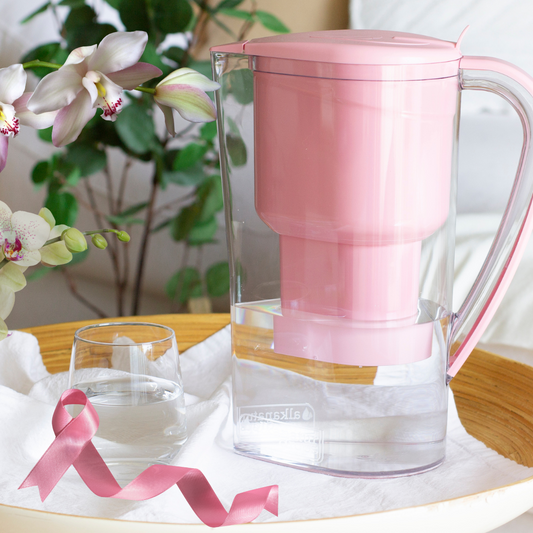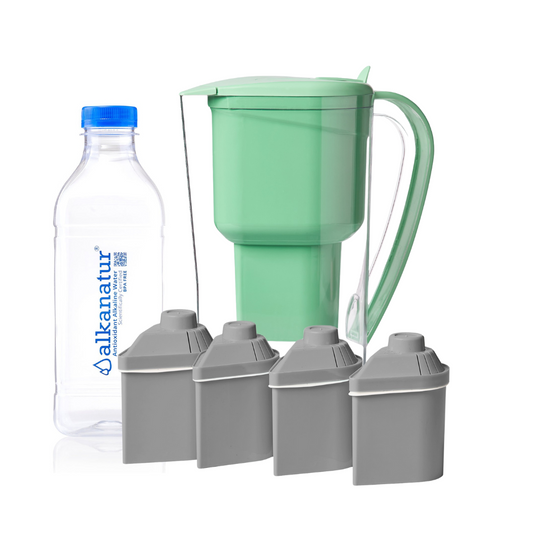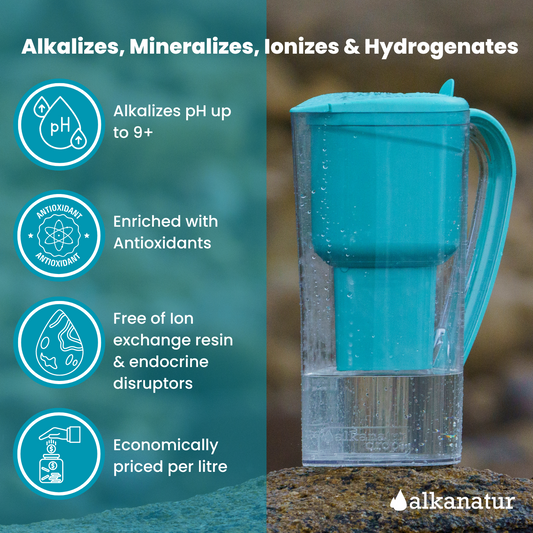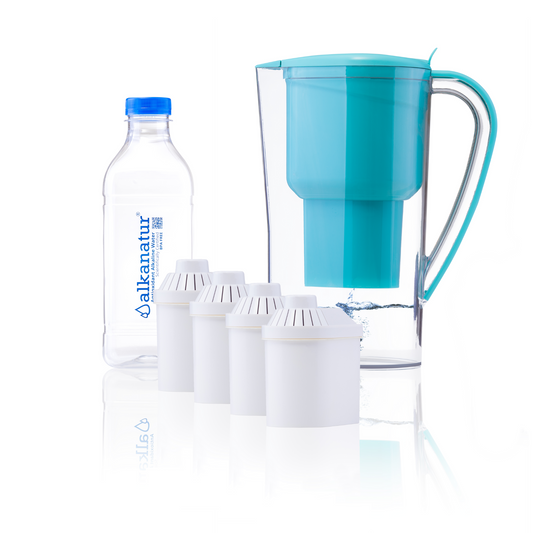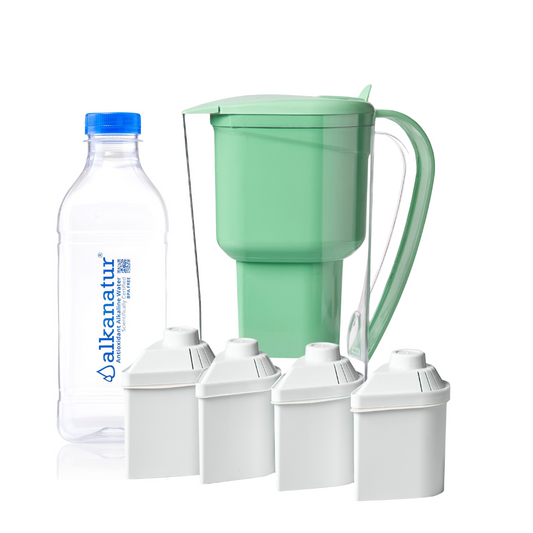Most scientists are unanimous that the best prevention for Coronavirus and other pathologies is to have a healthy and balanced immune system. It is not news that daily handwashing, getting enough sleep, having a balanced diet and regular exercise are effective ways to protect ourselves against viruses and germs, but many times we do not take into account other factors that may be weakening our immune system and our ability to protect against these external agents.
How you spend your free time, your stress level, the amount of food and water you drink per day, the physical activity you do and even the air you breathe can affect your immune system. We must take care of our body, by strengthening our defences to the maximum to guarantee that our immune system works properly.
-Stress
Long periods of stress can affect our immune system. Stress causes the brain to increase the production of cortisol, a hormone that impairs the function of infection-fighting cells, explains Dr. John Spangler, a professor of medicine at Wake Forest Baptist Medical Centre in North Carolina.
-Sedentary life
Sitting for a long time and not exercising can affect our body’s ability to fight infection. Eventually, inactivity can lead to impaired functions of our body, leading to inflammation and other chronic diseases. The National Institute of Mental Health (NIMH) advises that 30 minutes of daily exercise can help improve the immune system.
-Excessive exercise
A sedentary life harms our immune system, but the opposite extreme can also have consequences. Excessive exercise can weaken our body and make it more vulnerable to infections, according to the Acta Clinica study. Therefore, moderate regular exercise is suggested to strengthen the immune system.
-Diet
A diet rich in saturated fat can harm our immune system as well as excess sugar and salt, which can also have negative effects, according to a June 2014 publication in the
-Water
Water is the liquid that dissolves the most substances, a universal solvent, approximately 70% of our body is water, our cells are surrounded by said water (extracellular fluid) so we have to be very careful with what is in contact:
- Toxins emitted by plastic bottles, the best known are Bisphenol A, Phthalates, Esbo, Antimony, etc. The migration of these toxins to the water will depend on the amount of time and the temperature of exposure to which the bottle is exposed, many scientific studies testify to the damage of these toxins to the immune system and how they contribute to the development of many diseases.
- Trihalomethanes in tap water, a recently conducted study by ISGlobal highlights the significant increase in bladder cancers in European countries, also other studies verified the damage caused by trihalomethanes in water to the immune system, in addition to other consequences for our health.
- Ion exchange resin, many water pitchers and water purification systems use these chemical products within their filters, the main function of these resins is to lower the hardness of the water by exchanging magnesium and calcium ions for others such as sodium or potassium. The chemical composition of these resins is divinylbenzene (mixture of benzene and styrene). Different scientific investigations associate these chemical materials with damage to the immune system, various types of cancer, arrhythmias, asthma, vision disorders, female infertility, etc. Reference: “Home Without Toxics by Carlos de Prada”It is important to filter the water that you drink in a pitcher that does not use this system. Alkanatur pitcher not only purifies and alkalinizes the tap water, but also does not add any potassium or sodium to the process, therefore producing healthy water with an amazing flavour.
-Pollution
Pollution is another factor that can lower our defences. A study carried out by Stanford University together with the University of California has shown that exposure to polluted air decreases the function of cells (Treg) responsible for slowing down the immune system’s reaction against pathogens in the body. The accumulation of toxins from the environment can also damage the immune system for generations, according to research by specialists.
-Age
As we age, the immune system does not respond as well and may become slower to respond, increasing the risk of getting sick. Over time, there are fewer immune cells in the body, so it heals more slowly.
In conclusion, it is essential to take care of our body by leading a healthy lifestyle, with exercise and a balanced diet. An unbalanced immune system is not able to detect and eliminate infected cells in time, which favours the multiplication of these agents and the infection of new cells, thus further reducing the ability of our immune system to fight these infections.
That is why it is important to take care of and strengthen our defences to enjoy a strong, healthy body with energy.
Alkanatur Alkaline Water Filter Pitcher with Magnesium & Antioxidants – Alkanatur North America




